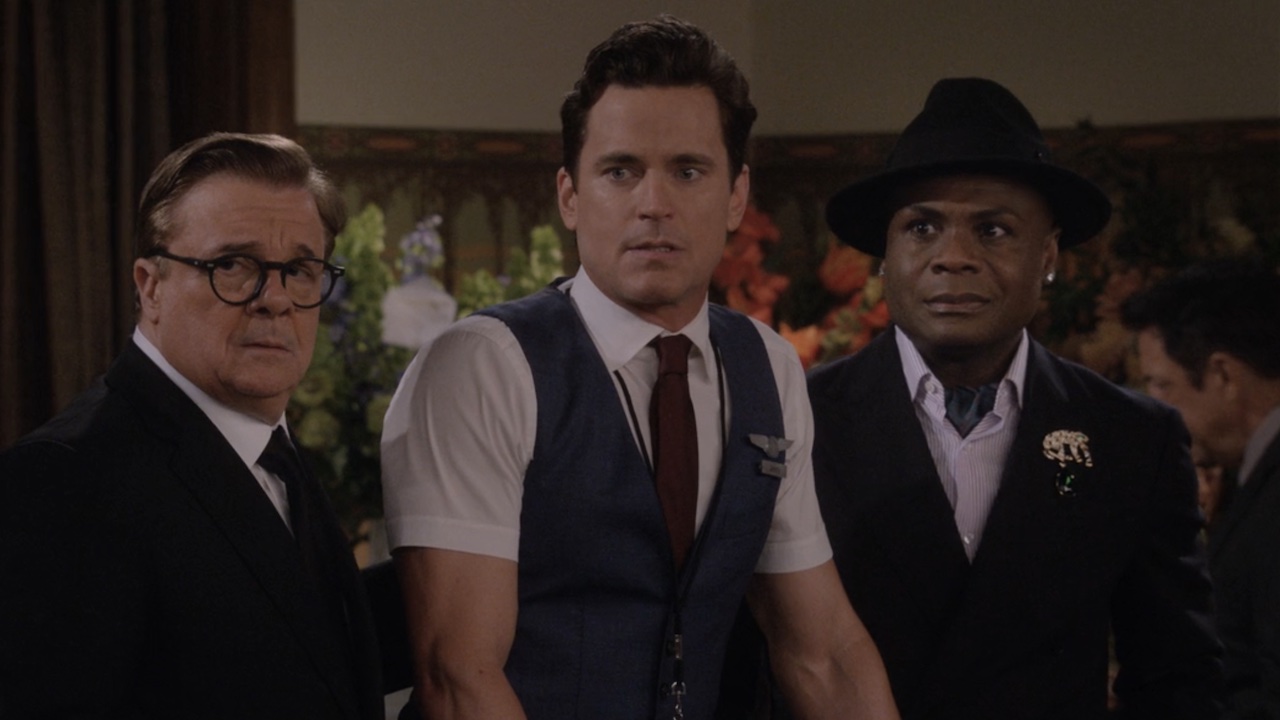I Think Judas And The Black Messiah Is An Excellent Black-Led Biopic, And There Are 5 Reasons You Should Check It Out
This film will sit with you for a while.
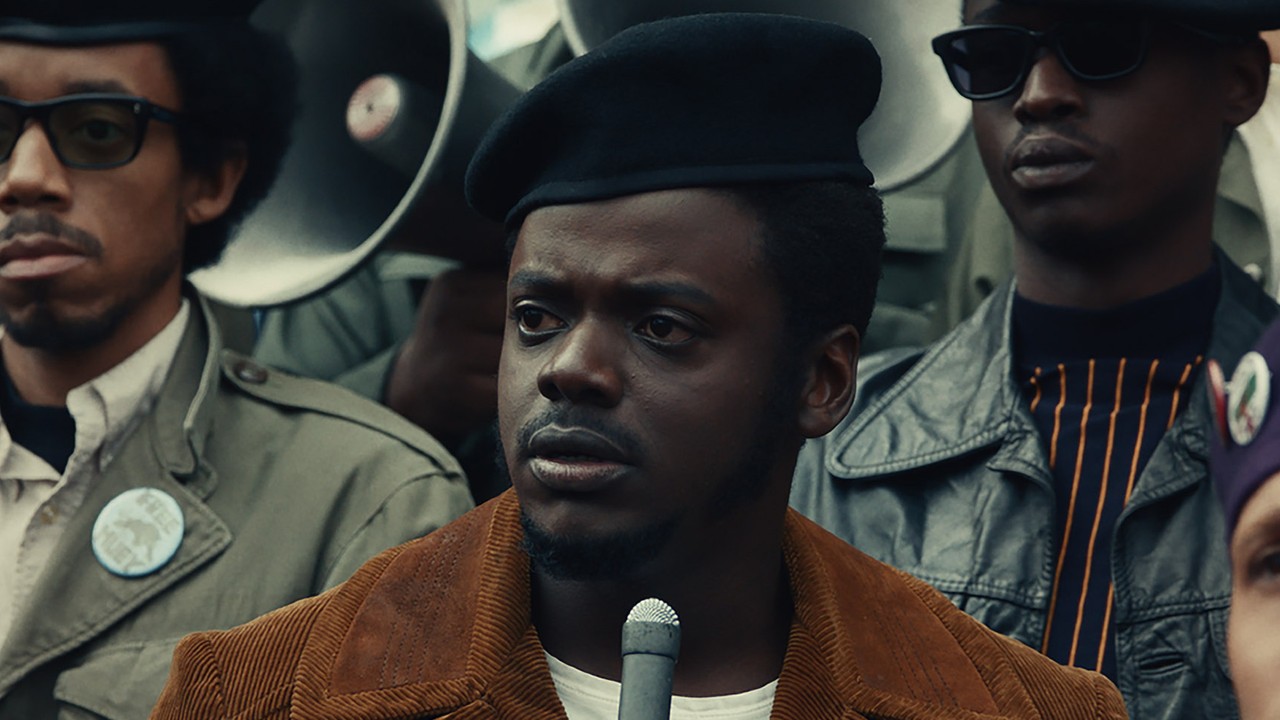
There are plenty of amazing biopics that have been produced over the years, with each highlighting specific people, usually those who’ve left their marks on the world in a significant way. When it specifically comes to biographical features led by Black talent, Malcolm X, 42 and Selma are among some of the best. Additionally, there’s a superb movie in this category that doesn’t receive its just due — Judas and the Black Messiah. On that note, there are multiple reasons why this particular motion picture is more than worth your time.
Ahead of the 2021 historical drama’s release, late activist and deputy Black Panther Party chairman Fred Hampton was a famous Black figure overdue for a biopic. Director Shaka King highlighted Hampton’s work – and those of his comrades – in a beautiful and heartbreaking way through Judas. So let’s talk out exactly why this film deserves sheer recognition.
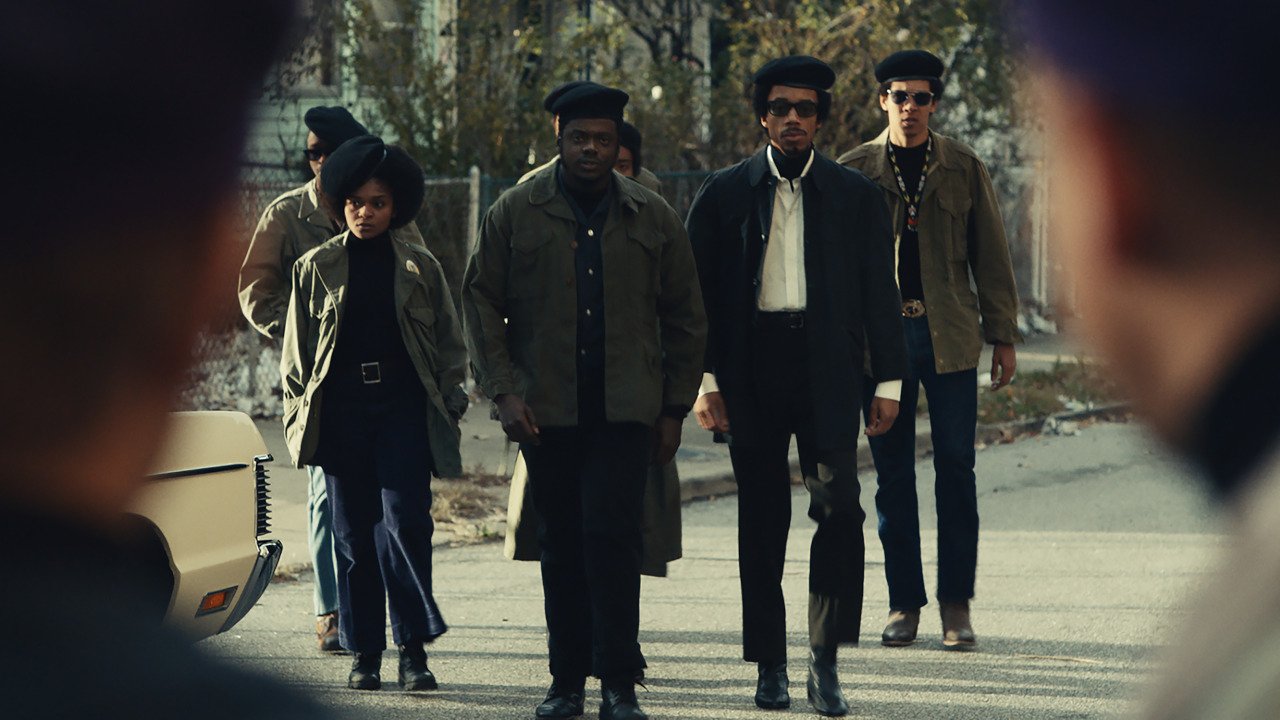
Judas And The Black Messiah Doesn’t Follow The Typical Biopic Formula
Many biopics seek to cover the vast sum of someone’s life so, if a person is deceased, they’ll track them from their early life to their death. Shaka King doesn’t do that with Judas and the Black Messiah, as his film covers the last portion of Fred Hampton’s life. That includes his founding of the Rainbow Coalition and surveillance by the FBI. Another key part of this story involves federal informant Bill O’Neal, whose undercover dealings were the catalyst for Hampton’s death.
Keeping the story confined to this specific pocket of time is smart, as it keeps the narrative tight and prevents it from feeling too overwhelming. Think of it as a snapshot of someone’s life as opposed to a massive photo album.
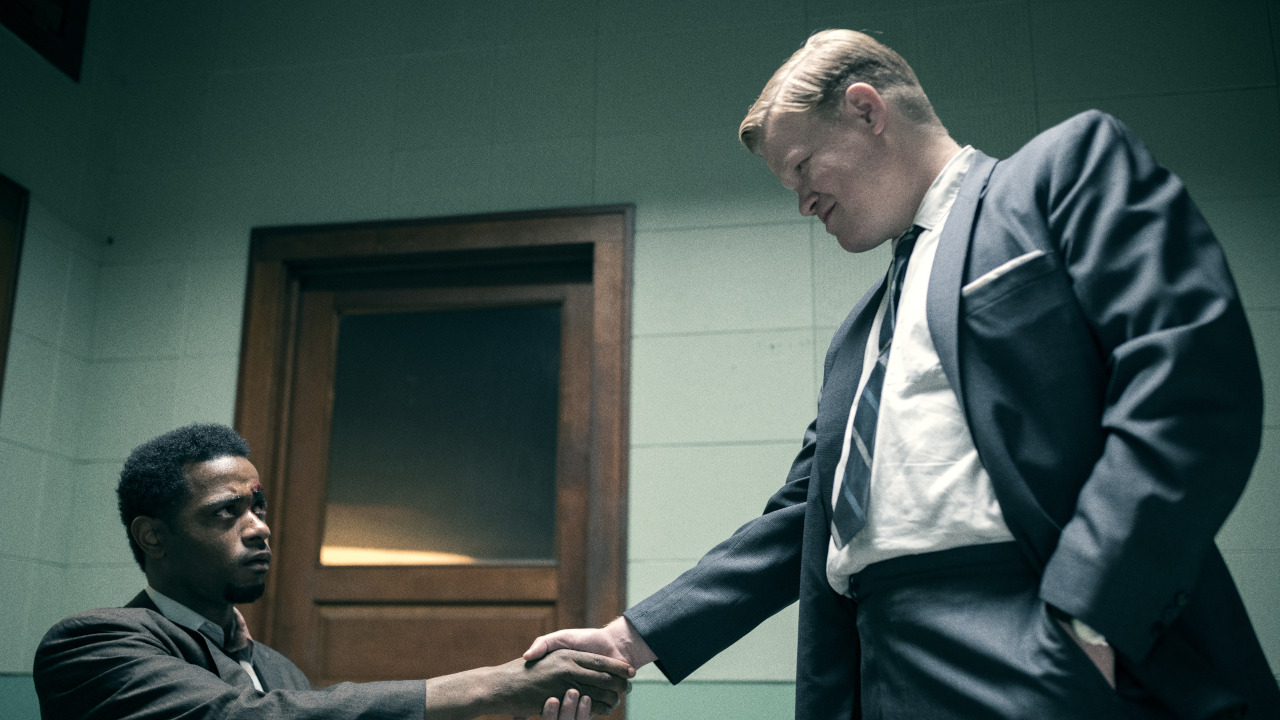
Despite Taking Some Liberties, The Film Effectively Portrays Real-Life Events
It’s no secret that films which dramatize real events sometimes make changes. This typically comes down to what fits into the film from a thematic standpoint. Judas and the Black Messiah is no different. For instance, as noted by PolitiFacts, the film shows FBI director J. Edgar Hoover solely targeting the Black Panthers as a national security threat when, in reality, he was zeroing in on all Black nationalist groups. Per Uproxx, wounded Panther member Jimmy Palmer isn’t actually the name of the man who was hurt at the time.
While changes are made here and there, plenty of the events in the film did indeed happen. One such development is the arrest of Fred Hampton, who served months in prison after being accused of assaulting an ice cream truck driver and stealing $71 worth of ice cream to feed to children. Hampton's collaboration with poor Whites and ethnic groups are also said to have been mostly accurate.
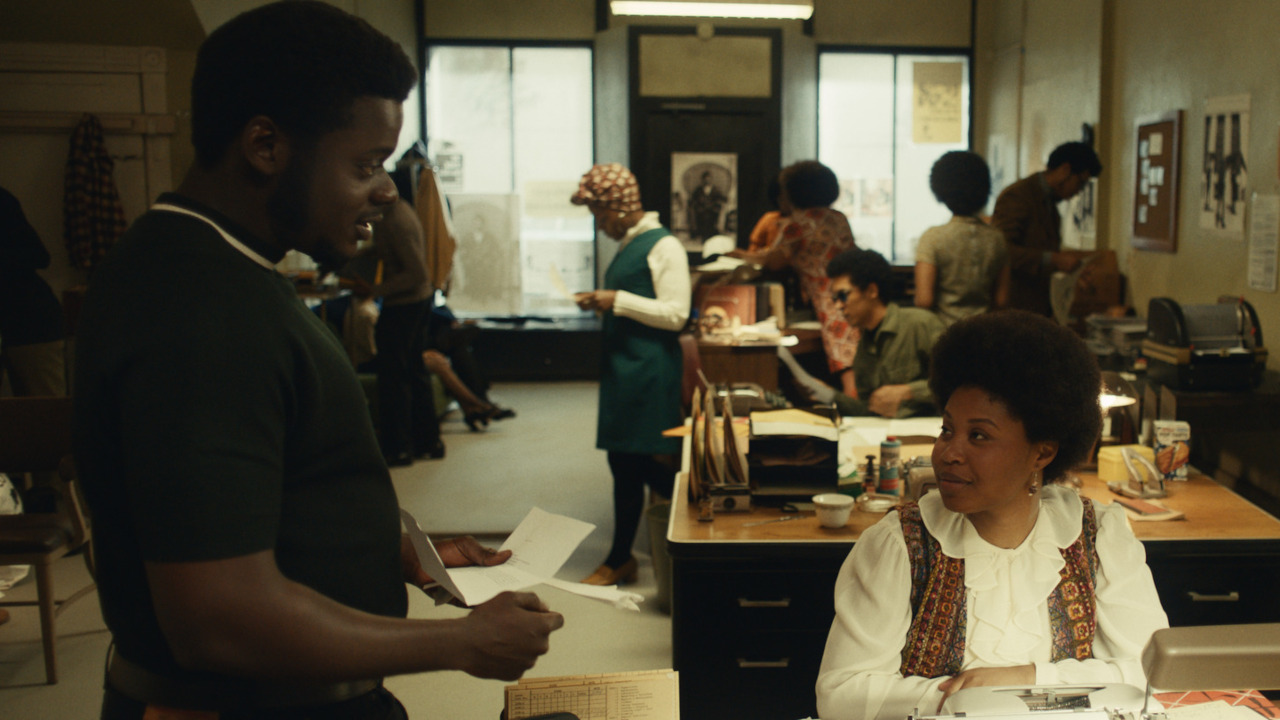
Judas And The Black Messiah Presents A Nuanced Look At The Black Panthers
It’s not uncommon for people to have preconceived notions about the Black Panther Party. At first glance, some may view them as an overtly militant activist group that wasn’t above resorting to violence to get what they wanted. Certain fictionalized depictions of the group don’t always help with that, either. (Just check out Forest Gump’s brief Black Panther scene.)
The Panthers did indeed seek to handle their problems in bombastic ways when necessary, but there’s more to the group than that. As part of their mission, they advocated for wide-spread education, launched the Free Breakfast for School Children Program (which is highlighted in the film) and established health clinics. The film’s writers told CinemaBlend that they wanted to change the general perception of the Panthers. And, because of that, they don’t merely come off as a band of militants but as a group of community organizers.

Daniel Kaluuya, Lakeith Stanfield And More Give Incredible Performances
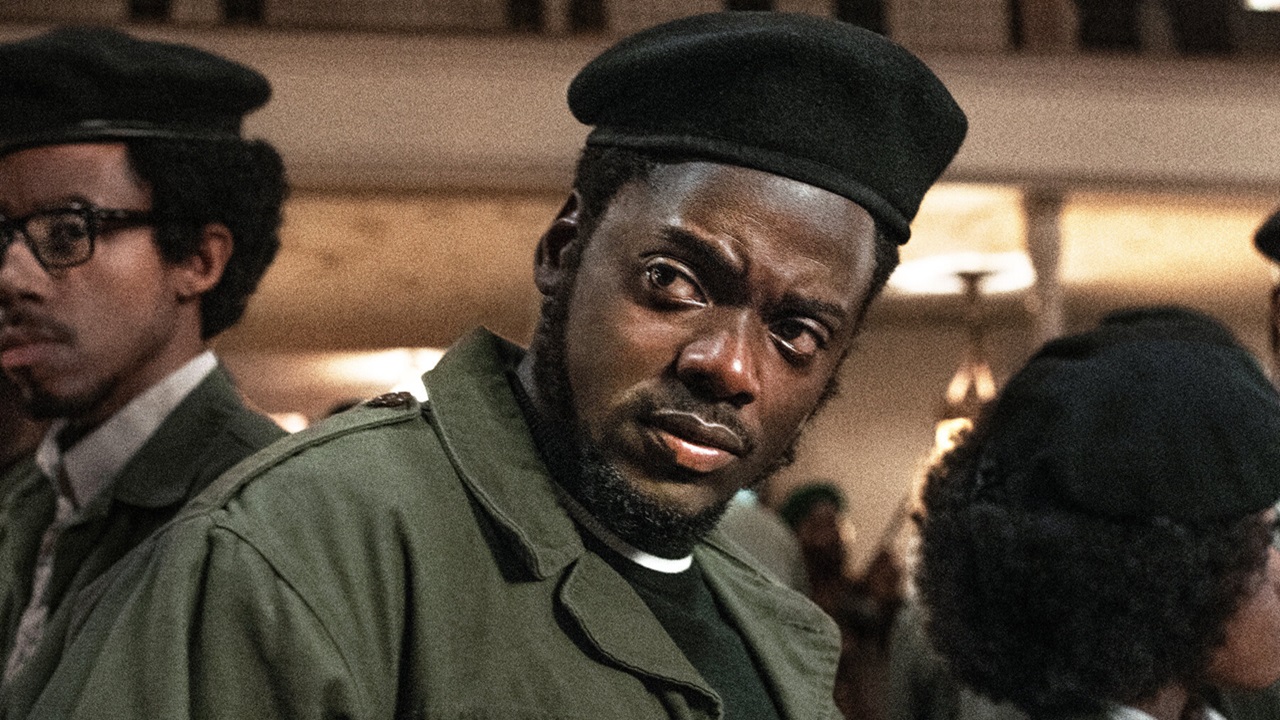
After Watching Judas And The Black Messiah: 7 Movies, Shows, And Documentaries To Stream
King’s direction is impeccable, but Judas and the Black Messiah’s cast also deserves a sizable amount of praise. During an interview with CinemaBlend, King himself lauded his “dream” ensemble of actors. Among them are Dominique Fishback, who compellingly plays Deborah Johnson (now Akua Njeri), the girlfriend of “Chairman Fred” who ultimately becomes pregnant with his child. Dominique Thorne also deftly plays BP member Judy Harmon. Jesse Plemons also delivers as stoic FBI agent Roy Mitchell, subtly adding layers to him. Other notable performances are from Ashton Sanders, Algee Smith, Khris Davis and Martin Sheen.
Of course, the two standout performances come from Daniel Kaluuya, who plays Fred Hampton, and Lakeith Stanfield, who portrays Bill O’Neil. Kaluuya is a force, as he embodies the passion, intensity and warmth of Hampton. Meanwhile, Stanfield skillfully portrays O’Neil as a man who’s in over his head and driven by a hunger to survive in a society where the system establishes the rules. It wasn’t surprising to me at all that both were nominated for the Oscar for Best Supporting Actor – and even less surprising that Kaluuya won.
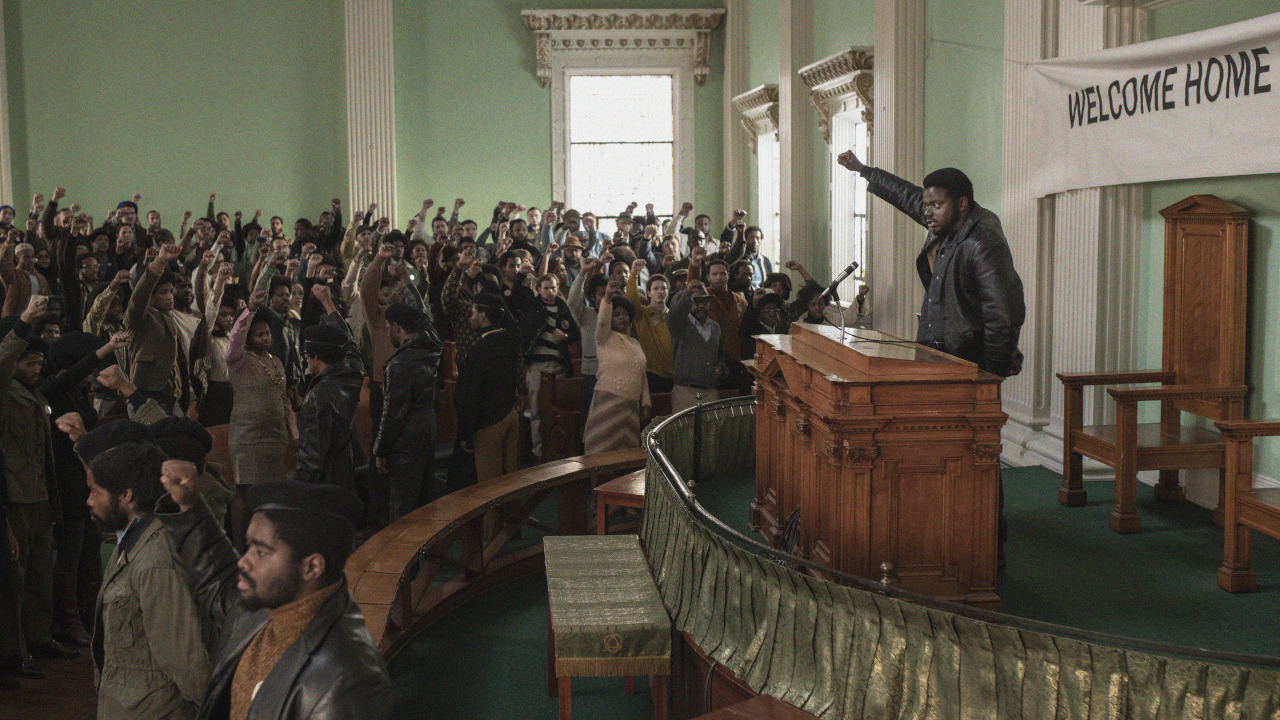
The Movie’s Music Is Impeccable And Used To Great Effect
Good music can certainly elevate a film, and that’s the case when it comes to this Fred Hampton-centered film. Mark Isham and Craig Harris composed the score, which is appropriately understated in certain places and more intense in others. One of my personal favorite scenes in which the score kicks happens to involve Hampton’s address to his comrades following his release from prison.
In addition to the score, there's also an excellent original song that’s part of the movie – “Fight for You,” which is performed and co-written by acclaimed singer H.E.R. The song’s lyrics highlight certain societal issues, including racism and police brutality. All in all, those sharp verses (which Tiara Thomas co-penned) and H.E.R.’s sultry vocals make it a track worth playing over and over again. Considering the strength of the tune, it was wonderful when it won Best Original Song at the Oscars and Best Traditional R&B Performance at the Grammy Awards.
There’s certainly a lot to appreciate about Shaka King’s historical drama. In short, it's a well-directed, powerfully acted, lovingly crafted biopic that provides viewers with plenty to chew on. Judas and the Black Messiah’s ending may be a tough pill to swallow, but believe me when I say this is absolutely necessary viewing for anyone who appreciates history or simply a good biopic. As Black History Month continues, be sure to check this one out, as it’s available to rent or buy on multiple digital platforms.
CINEMABLEND NEWSLETTER
Your Daily Blend of Entertainment News

Erik Swann is a Senior Content Producer at CinemaBlend. He began working with the publication in 2020 when he was hired as Weekend Editor. Today, he continues to write, edit and handle social media responsibilities over the weekend. On weekdays, he also writes TV and movie-related news and helps out with editing and social media as needed. He graduated from the University of Maryland, where he received a degree in Broadcast Journalism. After shifting into multi-platform journalism, he started working as a freelance writer and editor before joining CB. Covers superheroes, sci-fi, comedy, and almost anything else in film and TV. He eats more pizza than the Teenage Mutant Ninja Turtles.
You must confirm your public display name before commenting
Please logout and then login again, you will then be prompted to enter your display name.


